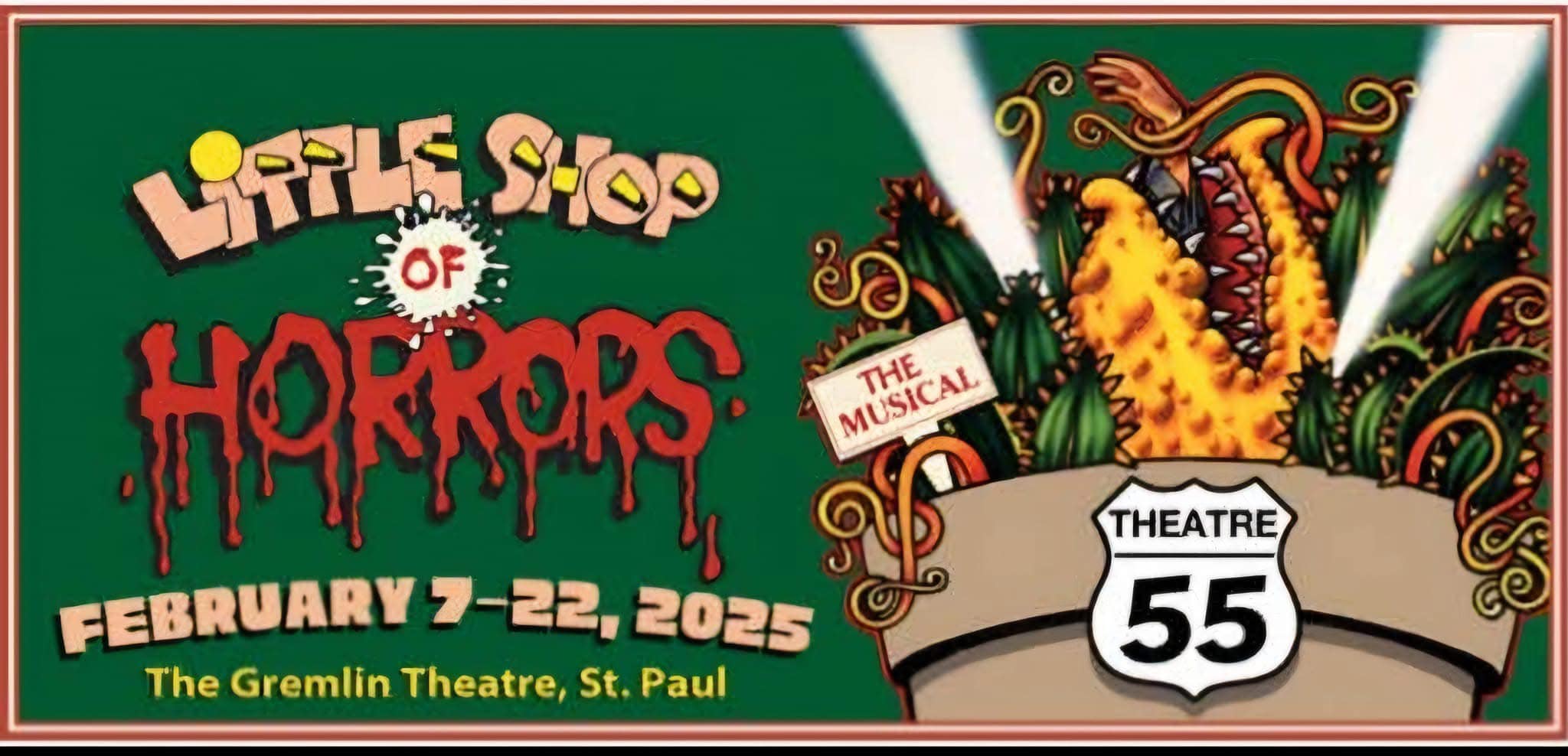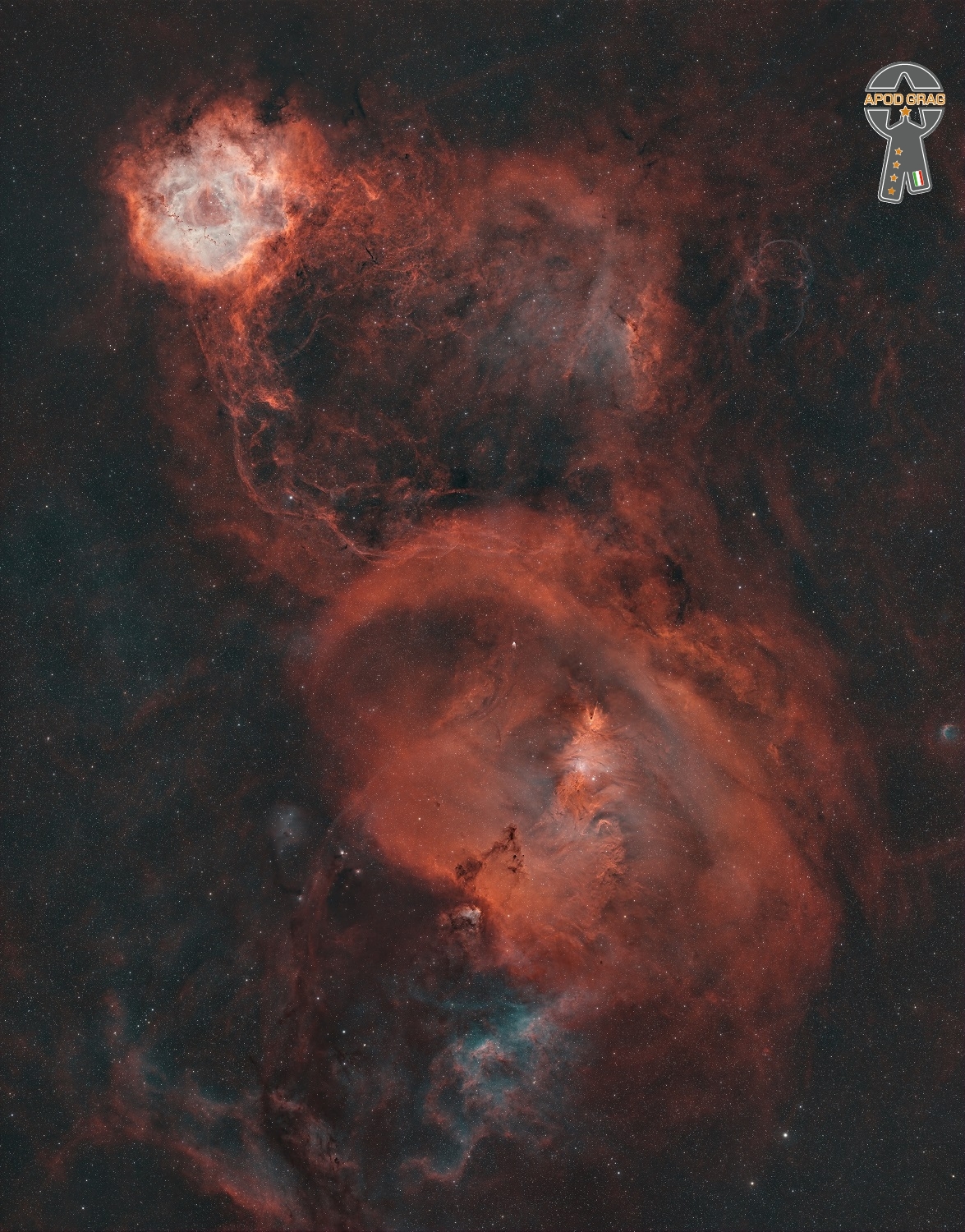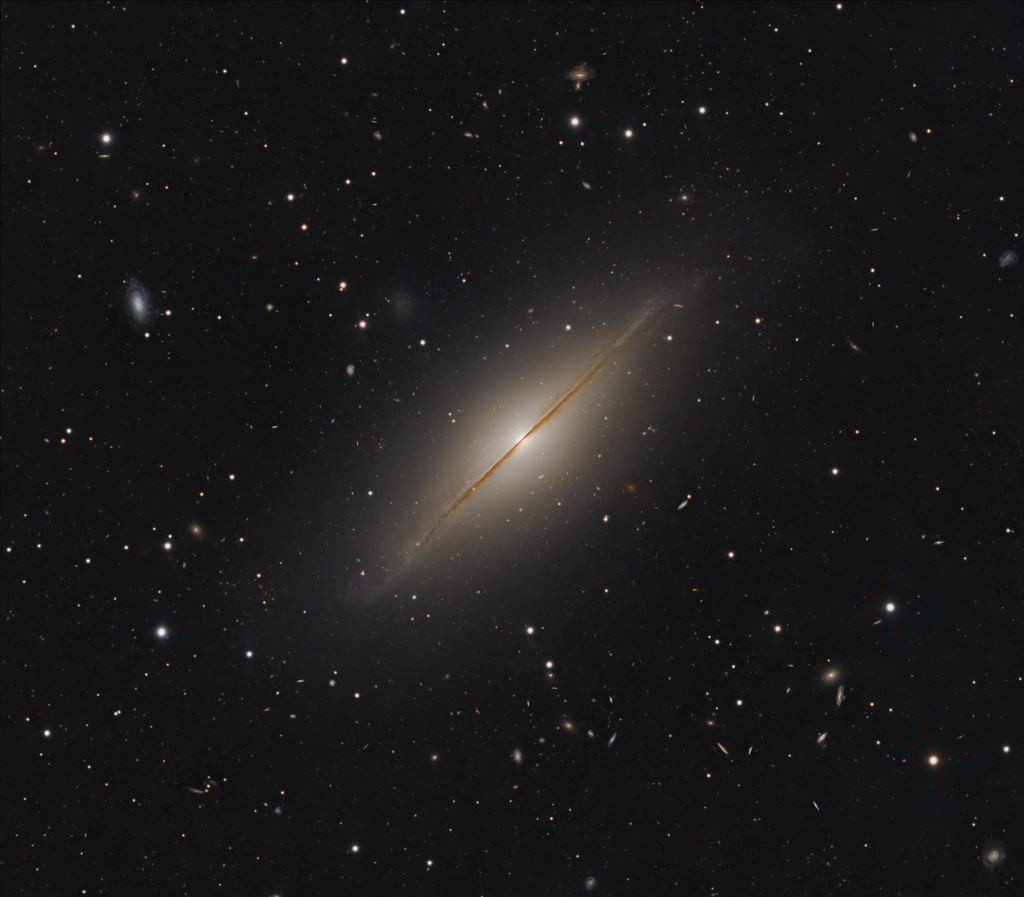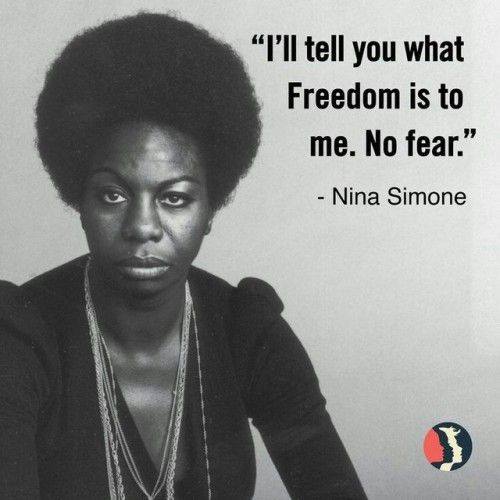Blog
Floyd George Smith (January 25, 1917 – March 29, 1982), sometimes credited as Floyd “Guitar” Smith, was an American jazz guitarist and record producer.
Born in St. Louis, Missouri, Smith studied music theory as a teenager and learned ukulele as a child before taking up guitar. He spent his early career in territory bands, playing in groups such as Eddie Johnson‘s Crackerjacks, the Jeter-Pillars Orchestra, the Sunset Royal Orchestra, the Brown Skin Models, and Andy Kirk‘s 12 Clouds Of Joy. His composition “Floyd’s Guitar Blues”, recorded with Andy Kirk’s orchestra in March 1939, has been claimed as the first hit record to feature a blues solo on electric guitar.
more...Benny Golson (January 25, 1929 – September 21, 2024 Philadelphia) was an American bebop and hard bop jazz tenor saxophonist, composer, and arranger. He came to prominence with the big bands of Lionel Hampton and Dizzy Gillespie, more as a writer than a performer, before launching his solo career. Golson was known for co-founding and co-leading The Jazztet with trumpeter Art Farmer in 1959. From the late 1960s through the 1970s Golson was in demand as an arranger for film and television and thus was less active as a performer, but he and Farmer re-formed the Jazztet in 1982.
Many of Golson’s compositions have become jazz standards, including “I Remember Clifford“, “Blues March“, “Stablemates“, “Whisper Not“, “Along Came Betty”, and “Killer Joe”. He is regarded as “one of the most significant contributors” to the development of hard bop jazz, and was a recipient of a Grammy Trustees Award in 2021.
more...John Adam Estes (January 25, 1899 or 1900 – June 5, 1977), known as, was an American blues guitarist, songwriter and vocalist. His music influenced such artists as the Beatles, Bob Dylan and Led Zeppelin.
Estes was born in Ripley, Tennessee, either in 1899 (the date on his gravestone) or 1900 (the date on his World War I draft card).[3] In 1915, his father, a sharecropper who played guitar, moved the family to Brownsville, Tennessee. Not long after, Estes lost the sight in his right eye when a friend threw a rock at him. At the age of 19, while working as a field hand, he began to perform professionally, mostly at parties and picnics, with the accompaniment of Hammie Nixon, a harmonica player, and James “Yank” Rachell, a guitarist and mandolin player. Estes continued to work on and off with both musicians for more than fifty years. He also performed in medicine shows with Willie Newbern.
At the suggestion of Jim Jackson, Estes made his debut as a recording artist in Memphis, Tennessee, in 1929, at a session organized by Ralph Peer for Victor Records. He recorded the tracks “Drop Down Mama” and “Someday Baby Blues” with Nixon in 1935. He later worked with Son Bonds and Charlie Pickett. He went on to record for Decca Records and Bluebird Records, with his last prewar recording session taking place in 1941. He made a brief return to recording at Sun Studio in Memphis in 1952, recording “Runnin’ Around” and “Rats in My Kitchen”, but otherwise was out of the public eye in the 1940s and 1950s.
more...
Friday January 24th 2025 6pm Nefesh Erev Shabbat Service with the congregational orchestra and weekly ensemble with Inbal Sharett-Singer, Jayson Rodovsky, Jeff Bailey, Pete Whitman and mick laBriola
more...The Rosette Nebula (also known as Caldwell 49) is an H II region located near one end of a giant molecular cloud in the Monoceros region of the Milky Way Galaxy. The open cluster NGC 2244 (Caldwell 50) is closely associated with the nebulosity, the starsof the cluster having been formed from the nebula’s matter.
The nebula has been noted to be having a shape reminiscent of a human skull, and is sometimes referred to as the “Skull Nebula”. It is not to be confused with NGC 246, which is also nicknamed the “Skull Nebula”.

Joe Albany (born Joseph Albani; January 24, 1924 – January 12, 1988) was an American modern jazz pianist who played bebop with Charlie Parker as well as being a leader on his own recordings.
Born in Atlantic City, New Jersey, Albany studied piano as a child and, by 1943, was working on the West Coast in Benny Carter‘s orchestra. In 1946, Lester Youngrecorded with Albany as his pianist, for Aladdin Records. Also that year, he played at least once with Parker and then 20-year-old Miles Davis. He continued for a few years afterward, and in 1957 recorded an album for Riverside with an unusual trio line-up with saxophonist Warne Marsh and Bob Whitlock on bass, omitting a drummer. Despite that, most of the 1950s and 1960s saw him battling a heroin addiction, or living in seclusion in Europe. He also had several unsuccessful marriages in this period. He returned to jazz in the 1970s and played on more than ten albums. He died of respiratory failure and cardiac arrest in New York City at the age of 63.
more...Aaron Joseph Neville (born January 24, 1941) is an American R&B and soul singer. He has had four platinum albums and four Top 10 hits in the United States, including three that reached number one on Billboard‘s Adult Contemporary chart. “Tell It Like It Is”, from 1966, also reached the top position on the Soul chart for five weeks.
He has also recorded with his brothers Art, Charles, and Cyril as the Neville Brothersand is the father of singer/keyboards player Ivan Neville.
The first of his singles that was given airplay outside of New Orleans was “Over You” (Minit, 1960). Neville’s first major hit single was “Tell It Like It Is“, released on a small New Orleans label, Par-Lo, co-owned by local musician/arranger George Davis, a friend from school, and band-leader Lee Diamond. The song topped Billboard‘s R&B chart for five weeks in 1967 and also reached No. 2 on the Billboard Hot 100 (behind “I’m a Believer” by the Monkees). It sold over one million copies, and was awarded a gold disc.
Neville released his first solo album since the late 1960s in 1986 with the independent release Orchid in The Storm. In 1989, Neville teamed up with Linda Ronstadt on the album Cry Like a Rainstorm, Howl Like the Wind which included four duets by the pair. Amongst them were the No. 1 Grammy-winning hits “Don’t Know Much” and “All My Life“. “Don’t Know Much” reached No. 2 on the Hot 100, and was certified Gold for selling a million copies, while the album was certified Triple Platinum for US sales of more than three million.
more...James Robert Forrest Jr. (January 24, 1920 – August 26, 1980) was an American jazz musician who played tenor saxophone throughout his career.
Forrest is known for his first solo recording of “Night Train“. It reached No. 1 on the Billboard R&B chart in March 1952, and stayed at the top for seven weeks. “Hey Mrs. Jones” (No. 3 R&B) and “Bolo Blues” were his other hits. All were made for United Records, for which he recorded between 1951 and 1953; he recorded frequently as both a sideman and a bandleader.
Born in St. Louis, Missouri, United States, Forrest played alongside Fate Marable as a young man. He was with Jay McShann in 1940-42 and with Andy Kirk from 1942 until 1948 when he joined Duke Ellington. During the early 1950s, Forrest led his own combos. He also played with Miles Davis, in early 1952 at The Barrel Club. After his solo career, he played in small combos with Harry “Sweets” Edison and Al Grey, as well as appearing with Count Basie.
more...“Milonga” is a flamenco style created by returnees, artists, settlers and soldiers who returned from the colonies in the late 19th century. In their songs, they evoke the American lands. “Milonga” from Argentina is a style that comes from the “payada de contrapunto” and has deep connections in the rhythmic-metric and harmonic plane with tango from Antilles and “habanera”. The evolution of “milonga” from Argentina, until it reached its final style, began probably with “Yarabi” and other styles or “tristes”. In 1860, “triste” turns into “milonga” and was very popular between 1880 and 1910. The first “milonga” with flamenco character and “tango-tiento” rhythm is the one that Pepa Oro (bullfighter Paco de Oro’s daughter) popularised when she arrived in Spain at the end of 19th century. It is a style that comes from the choreographic “milonga” to be singing while dancing. “Milonga” singing is syllabic. There are also some “milongas” recordings with some combinations, such as introducing a “fandango” or a “milonga with bulerías”. Rhythm is based on the “tangos–tientos” metric, but they are sometimes performed without it in order to be free.
more...Point your telescope toward the high flying constellation Pegasus and you can find this cosmic expanse of Milky Way stars and distant galaxies. NGC 7814 is centered in the sharp field of view that would almost be covered by a full moon. NGC 7814 is sometimes called the Little Sombrero for its resemblance to the brighter more famous M104, the Sombrero Galaxy. Both Sombrero and Little Sombrero are spiral galaxies seen edge-on, and both haveextensive halos and central bulges cut by a thin disk with thinner dust lanes in silhouette. In fact, NGC 7814 is some 40 million light-years away and an estimated 60,000 light-years across. That actually makes the Little Sombrero about the same physical size as its better known namesake, appearing smaller and fainter only because it is farther away.

Gary Burton (born January 23, 1943) is an American jazz vibraphonist, composer, and educator. Burton developed a pianistic style of four-mallet technique as an alternative to the prevailing two-mallet technique. This approach caused him to be heralded as an innovator, and his sound and technique are widely imitated. He is also known for pioneering fusion jazz and popularizing the duet format in jazz, as well as being a major figure in music education from his 30 years teaching at the Berklee College of Music.
more...
Curtis Counce (January 23, 1926 – July 31, 1963) was an American hard bop and West Coast jazz double bassist.
Counce was born in Kansas City, Missouri and moved to California in 1945. He began recording in 1946 with Lester Young, and in the 1950s in Los Angeles with musicians such as Shorty Rogers, Stan Kenton, Shelly Manne, Lyle Murphy, Teddy Charles, and Clifford Brown. Counce formed his quintet in 1956 featuring tenor saxophonist Harold Land, trumpeter Jack Sheldon, pianist Carl Perkins and drummer Frank Butler. Elmo Hope replaced Perkins after his death at age 29 in 1958. Gerald Wilson replaced Sheldon on some recordings. The four albums originally released on Contemporary Records were reissued in 2006 on a double CD by Gambit Spain. Counce died in Los Angeles, California, of a heart attack. He was survived by his wife, Mildred Counce, his daughter, Celeste Counce, and a son. Counce’s son, born April 10, 1961, was placed for adoption by his biological mother. Curtis knew of his son, but due to his life circumstances, Counce could not be a part of his life. Curtis’s son died on January 23, 2022.
more...More Posts
- World Music Kamini Natarajan
- Daily Roots Scientist
- Tracy Chapman
- Cosmo IC 1871
- Frankie Laine
- “Sonny Boy” Williamson I
- Norah Jones
- Eric Clapton
- World Music Nusrat Fateh Ali Khan
- Daily Roots Barrington Levy
- Justice Denied
- Remo Paul Palmier
- Cosmo Jupiter
- Braguinha
- Michael Brecker
- Vangelis
- World Music NOVALIMA
- Daily Roots Sky Nation
- The Power and Beauty of Survival
- One Voice


